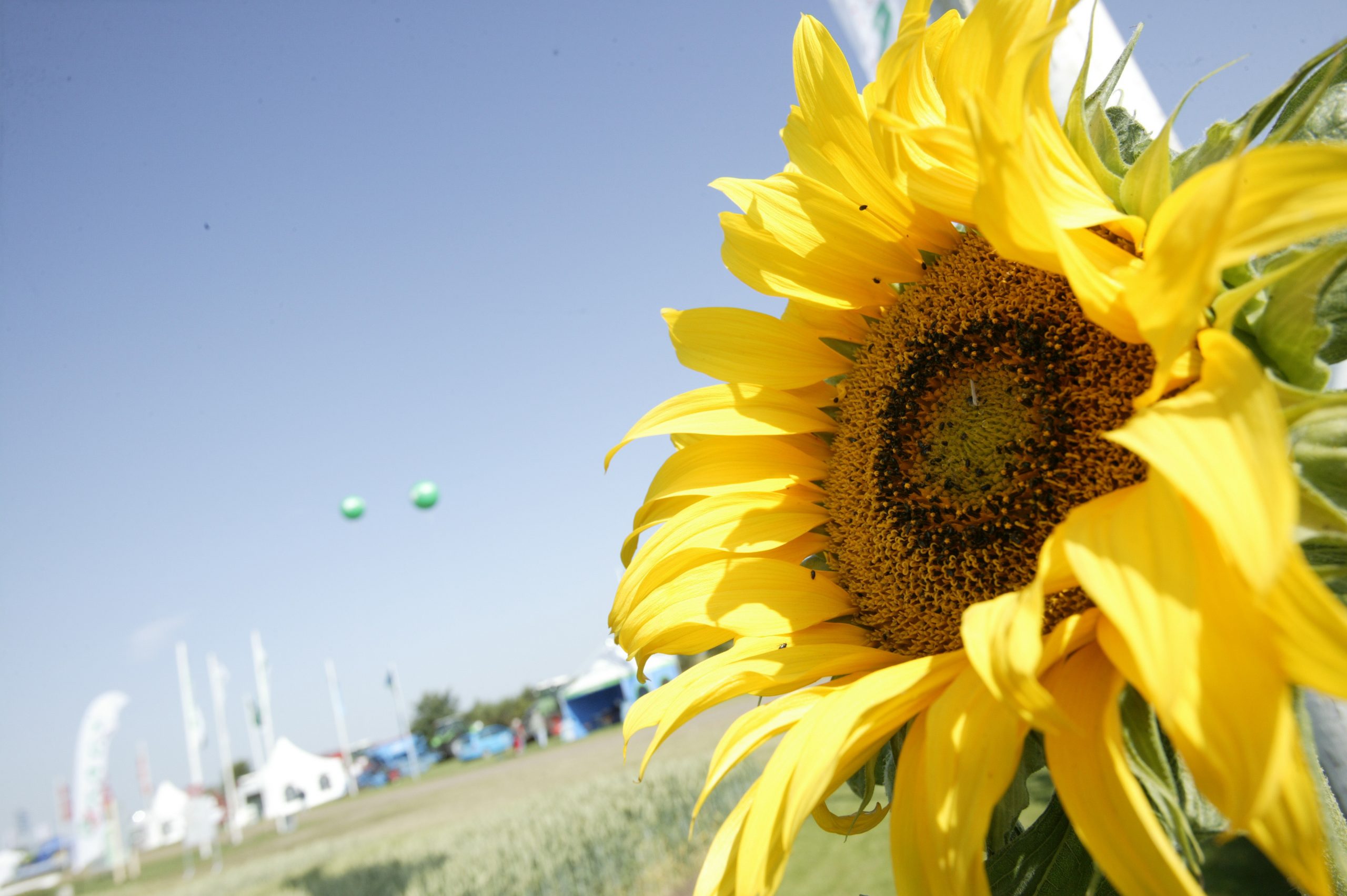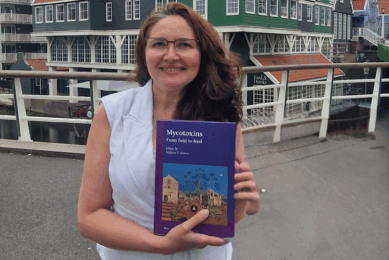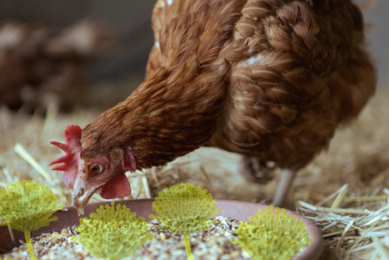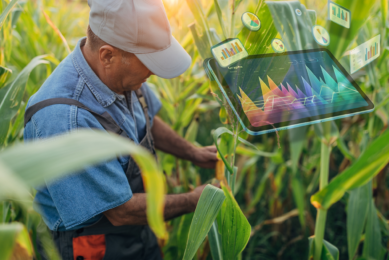Sunflower seeds often contain aflatoxins

Sunflower seeds are frequently contaminated with aflatoxins. This has been shown by researchers from Michigan State University (MSU) in the US.
Aflatoxins, toxins produced by Aspergillus moulds commonly infect corn, peanuts, pistachios and almonds. The US study (done in Tanzania) is one of the first studies to associate aflatoxin contamination with sunflower seeds. Samples of sunflower seeds (n = 90) and cakes (n = 92) were collected across 2 years, and analysed for total aflatoxin concentrations using a direct competitive enzyme-linked immunosorbent assay (ELISA).
For seed samples collected June-August 2014, the highest aflatoxin concentrations were from Dodoma (1.7–280.6 ng/g), Singida (1.4–261.8 ng/g), and Babati-Manyara (1.8–162.0 ng/g). The highest concentrations for cakes were from Mbeya (2.8–97.7 ng/g), Dodoma (1.9–88.2 ng/g), and Singida (2.0–34.3 ng/g). For seed samples collected August-October 2015, the highest concentrations were from Morogoro (2.8–662.7 ng/g), Singida (1.6–217.6 ng/g) and Mbeya (1.4–174.2 ng/g). The highest concentrations for cakes were from Morogoro (2.7–536.0 ng/g), Dodoma (1.4–598.4 ng/g) and Singida (3.2–52.8 ng/g).
Juma Mmongoyo, a former MSU food science doctoral student and lead author of the study, analysed aflatoxin levels of seeds and cakes in 7 regions of Tanzania in 2014 and 2015. Nearly 60% of seed samples and 80% of cake samples were contaminated with aflatoxins. “These high aflatoxin levels, in a commodity frequently consumed by the Tanzanian population, indicate that local authorities must implement interventions to prevent and control aflatoxin contamination along the sunflower commodity value chain, to enhance food and feed safety in Tanzania,” said Gale Strasburg, MSU food science and human nutrition professor and one of the study’s co-authors.

Browse for mycotoxin regulation in Tanzania in our online tool!
Smallholder farmers in Tanzania grow sunflowers for the seeds, which are then sold to local millers who press the seeds for oil and sell it to local consumers for cooking. The remaining cakes are used as animal feed.
The study has been published in PLOS ONE.
Source: ScienceDaily











